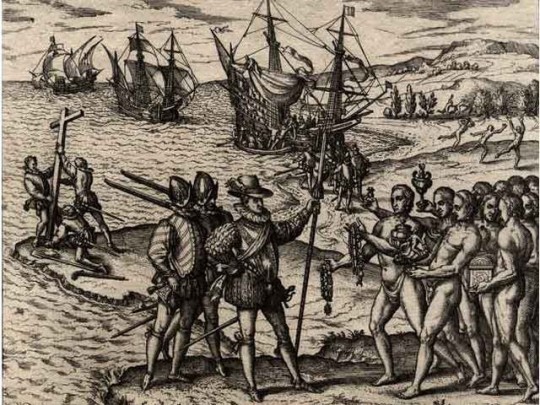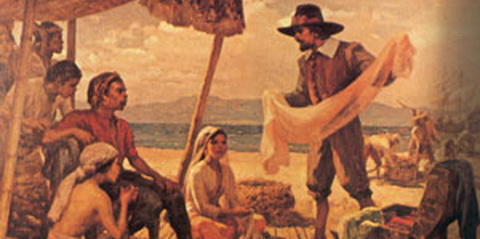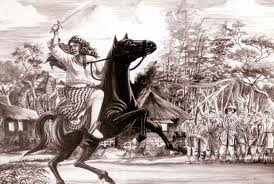Don't wanna be here? Send us removal request.
Text
How were the Aquinos able to keep their large track of land of more than 7 hectares?
Journal#4

Despite significant challenges, agrarian reform is moving forward under the Aquino administration. The Department of Agrarian Reform (DAR) acquired and distributed 219,069 hectares of land throughout the country during President Benigno S. Aquino III's first two years, according to Secretary of Agrarian Reform Virgilio de los Reyes. This is far from the worst achievement in the history of the Comprehensive Agrarian Reform Program (CARP). Because of the uncertainties caused by the transition to implementing Republic Act No. 9700, the lowest recorded distribution was 59,495 hectares of land distributed in 2009. The second-lowest total was 97,795 hectares in 2003. Since taking office, Aquino has shown no serious commitment to completing the Comprehensive Agrarian Reform Program (CARP), which his late mother, Corazon Aquino, enacted and is now known as CARPER. Furthermore, the Department of Agrarian Reform (DAR), the agency tasked with implementing CARPER, is falling far short of its official target of distributing 220,000 hectares per year. This apparent lack of political will has deadly consequences for the more than 1.1 million farmers who continue to struggle for their rightful access to land. Peasant leaders have been assassinated in recent years by armed goons hired by landlords. Rural communities are also threatened with eviction from lands they have worked for generations, as well as decision reversals and land conversions. I believe that holding a high position (e.g., president) was one of the Aquinos' methods of preserving their lands.
0 notes
Text

Journal#3
If the spaniards version were to be the right and accepted one,wherein spaniards are just and treat the Filipinos fairly, do you think it will be beneficial for the Filipinos to be under or colonized by Spain?
In my opinion if we were never colonized at all then our country might’ve been one of the most prosperous countries in the world. Many of Filipinos' known and unknown cultures might be preserved if they haven't colonized by any of their colonizers.
It might be wonderful that they still call their leaders datu and their leaders' daughters binukot. They might still know about Bathala instead of Zeus, Jupiter, and Thor. They might be writing by their own writing system called baybayin and they might speak their own language fluently.
The Filipinos might also developed and invested more in their agricultural products than the industrial one. The Philippines might not be polluted by any chance and will still be called "Perlas ng Silanganan" (Pearl of the East). It might have a different name rather than Philippines which was based on the name of the Spaniards' king, Philip.
There were a lot of possibilities whether it be positive or negative. But one thing's for sure that Philippines is not what it is today if we were never colonized.
0 notes
Text
Is the Philippines Patriarchal in the pre-Hispanic era?
Journal #1

During the pre-Hispanic period, the Philippines had a straightforward culture. Basic education was imparted, and it was taught using the Alibata or Baybayin alphabet. Regarding their living arrangements, they did so in small, dispersed communities known as balangays or barangays wherein, the construction of buildings like churches started.
Moreover, Pre-Hispanic women were valued; they could even hold prominent positions in communities as healers and priestesses, and they could even handle leadership positions and engage in combat as warriors. In line with these, a Datu's daughter can be one of the options for the line of heirs and heiresses. Women and men shared the same rights and were treated equally. Women possessed the ability to inherit property and played significant roles in trade and business. To trade with the market, other tribes, and foreign merchants like the Chinese, they would weave, produce pottery, and make jewelry, for the reason that men were forbidden from bartering unless their wives gave their consent, they had influence over how transactions were carried out.
With that being said, I believe that the pre-Hispanic Philippines was not patriarchal since Filipino women had the freedom to make their own decisions and had influence over their way of life. They had the same status as males, were respected for their intelligence and wisdom, and had access to human rights.
References:

http://www.helium.com/items/605525-the-role-of-women-before-european-occupation-of-
2 notes
·
View notes